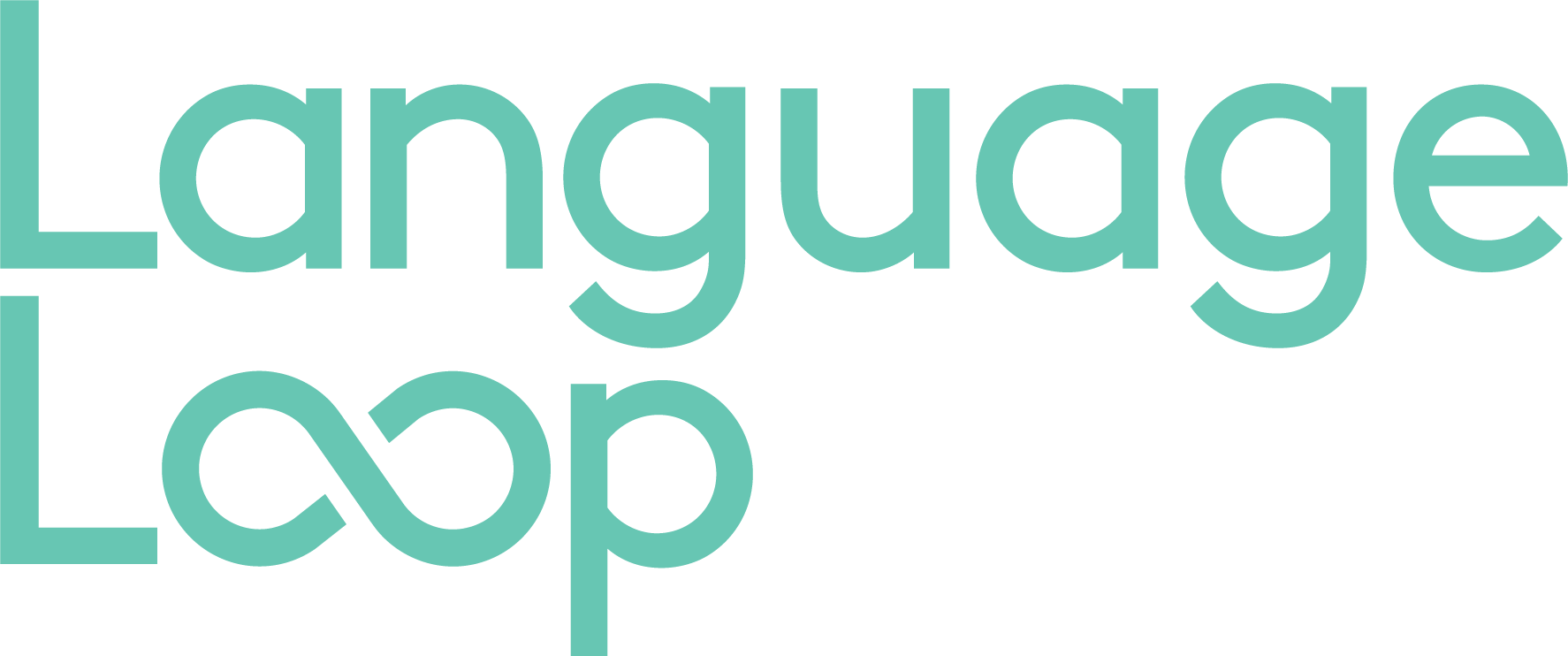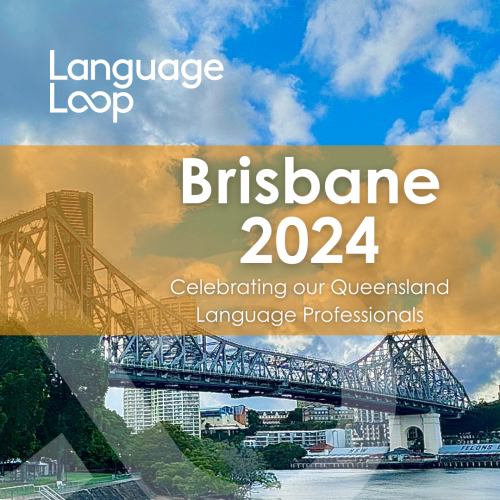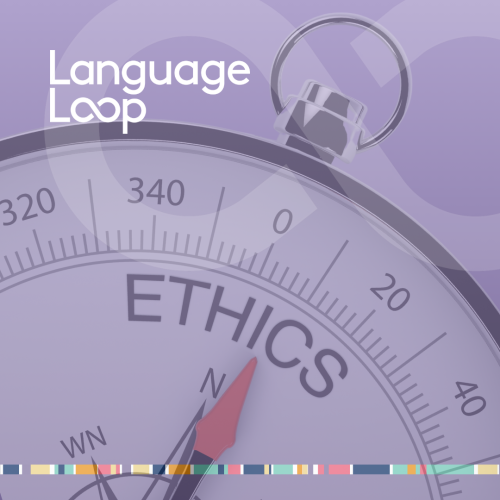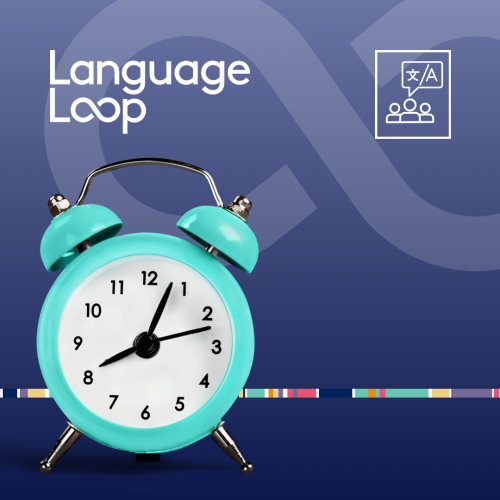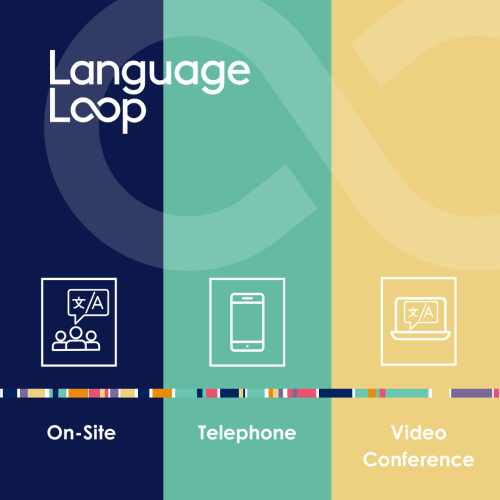Suzane was born in the early 1980s in Beirut, the capital city of Lebanon. She lived there with her parents during a period of time when Lebanon was at war,
which Suzane recalls 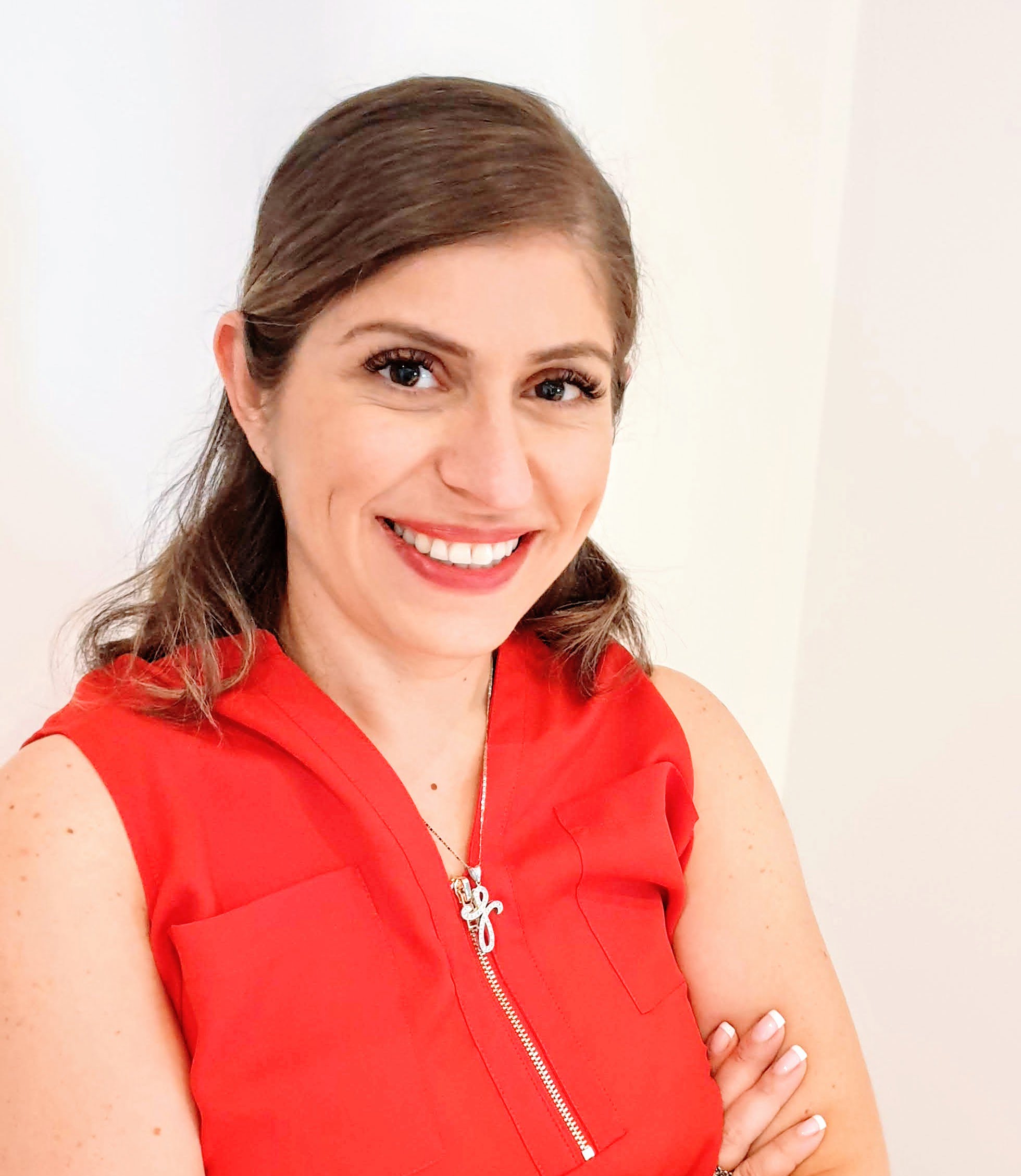 during her early childhood until she was around 9 years old. Even though these were terrible times, on reflection Suzane feels the situation played a big role in shaping the strong, resilient and happy person she has grown into today.
during her early childhood until she was around 9 years old. Even though these were terrible times, on reflection Suzane feels the situation played a big role in shaping the strong, resilient and happy person she has grown into today.
Although Suzane went to University to study Business Management, she never felt connected to it. It wasn’t until after her arrival in Australia in 2000 at age 20, that her Uncle suggested she look into a career in interpreting. With a strong command of English, Suzane felt confident it was something she could be successful at and decide to give it a try.
The following year she completed her Level 2 in Interpreting at RMIT University and quickly fell in love with it. She simply knew that interpreting was her dream job, and as a result she continued further study to complete her Level 3 in Interpreting the following year.
“I absolutely love my job!” says Suzane. “I’ve been interpreting for 12 years now and every morning I wake up happy and excited to go out there to do new assignments and meet new people. What I love the most about my job is being able to give a voice to those who cannot speak English, and to let them know that even though they don’t speak the language, they are heard.”
Her favourite types of assignments are in the medical field, as every time she is at the hospital helping a client, she is also learning something new about health. She also loves working with deaf educators as they regularly teach her new signs – Suzane now knows how to say her name in Auslan!
Suzane believes that to be a good interpreter, it’s important to convey feelings, not only the verbal message. “When you interpret you need to put yourself in the other person’s shoes, both the non-English speaker as well as the professional.You need to listen clearly to what they’re saying, and make sure the message is being conveyed accurately – not just literal words but the meaning behind those words.”
A highlight for Suzane is receiving positive feedback from the non-English speaker and the professional. It inspires her to work harder and to help as much as she can.
She recalls an assignment where she was interpreting for a non-English speaking woman who had experienced family violence. The social worker had being trying very hard to encourage the woman to open up and talk about her experience. With the assistance of Suzane’s interpreting, finally this was achieved.Once the session had ended, the social worker turned to Suzane and asked “where have you been hiding?” Suzane felt tears welling in her eyes knowing that she was able to make such a significant impact in helping the process, and ultimately making a positive difference in the woman’s life.
Although Suzane has been interpreting for over a decade, she says it important to keep evolving your language. If this is a careers you want to be really good at, she recommends developing language skills by reading books, listening to the radio, undertaking courses, and never hesitate in asking for clarification when you are not sure what a particular word means. No one is expecting you to be a walking dictionary.
Interested in becoming a LanguageLoop interpreter or translator? Find out more including how to apply or email us at apply@languageloop.com.au
